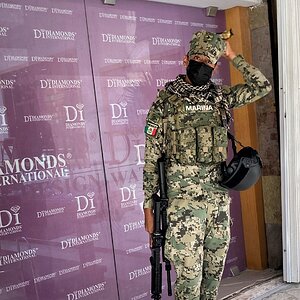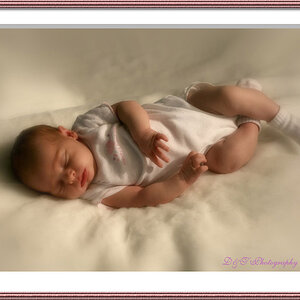Joel
TPF Noob!
hey, sorry if this is covered elsewhere, but...
I was wondering about editing film that i want to get scanned (ill take it to a shop somewhere). i've never developed film myself so i dont know anything about your options in the dark room. what can u do, say in photoshop, that you also have the freedom to do when developing film traditionally. i assume brightness is ok. but can u controll contrast and other things like that with traditional methods? and hence should i be changing that stuff in photoshop???
hope this makes sense, i dunno how to word it :S
I was wondering about editing film that i want to get scanned (ill take it to a shop somewhere). i've never developed film myself so i dont know anything about your options in the dark room. what can u do, say in photoshop, that you also have the freedom to do when developing film traditionally. i assume brightness is ok. but can u controll contrast and other things like that with traditional methods? and hence should i be changing that stuff in photoshop???
hope this makes sense, i dunno how to word it :S


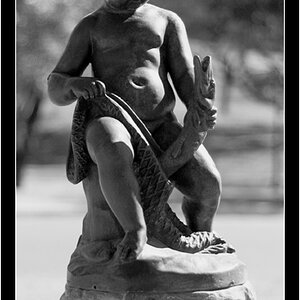
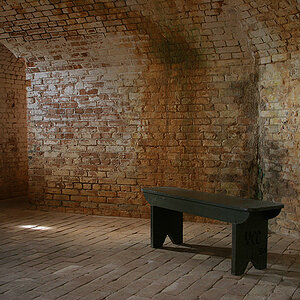
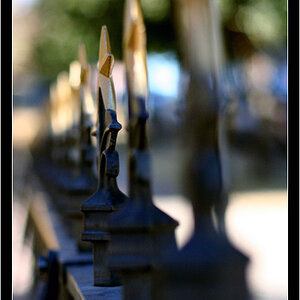
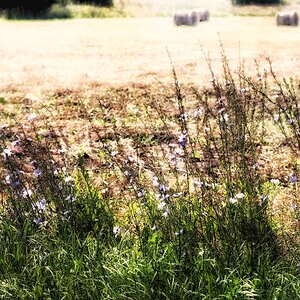
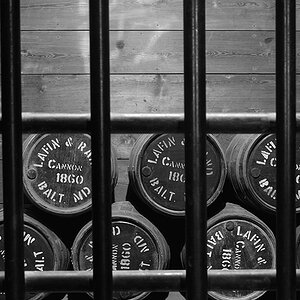

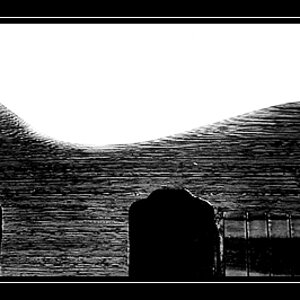
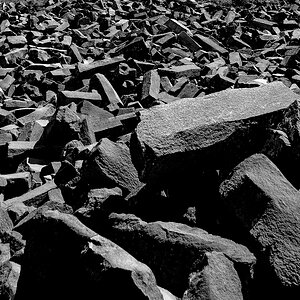
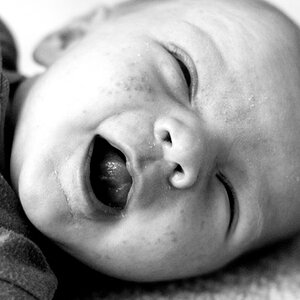
![[No title]](/data/xfmg/thumbnail/36/36602-3001bbe07fa5517ccd4b03e049c7b844.jpg?1619737642)
